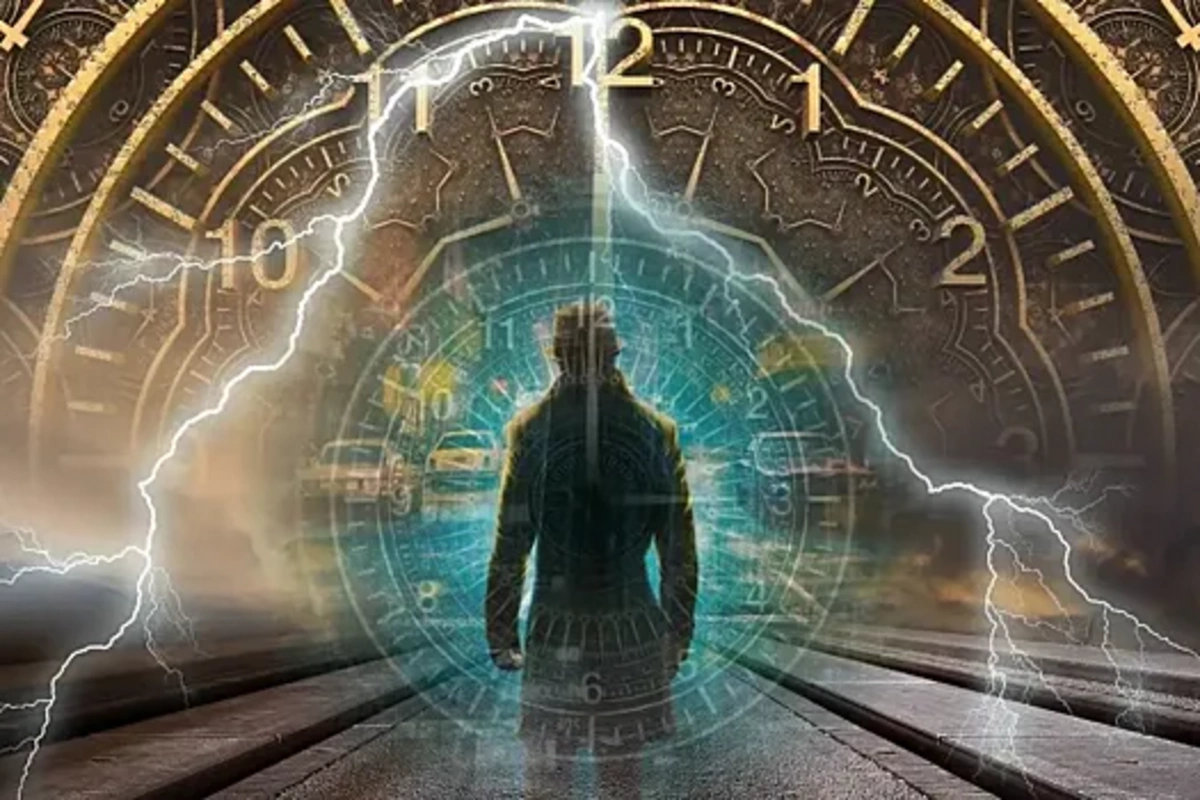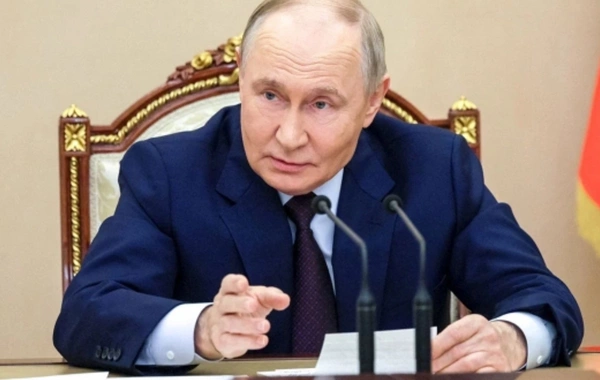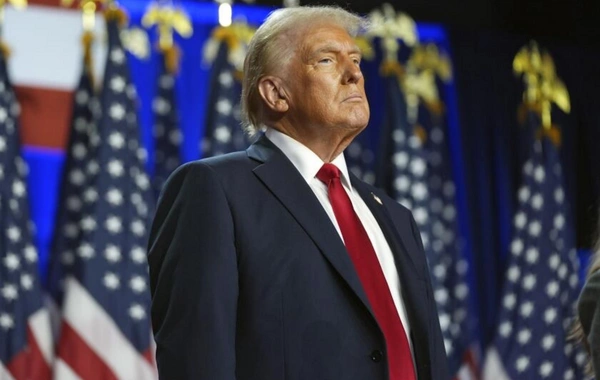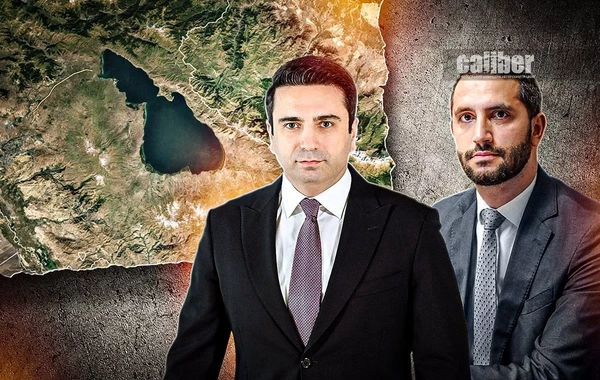Physicists have solved the time travel paradox

Researchers from the University of Queensland have made a theoretical breakthrough in the field of time travel. According to their findings, published by IOP Publishing, time travel is theoretically possible without creating paradoxical situations.
Scientists claim that such travel fully complies with the principles of determinism, which excludes the possibility of changing predetermined events. Even when attempting to interfere with the past, history will find a way to bypass this interference, keeping the final outcome of events unchanged.
However, the research group points out that the famous "grandfather paradox" is not the only obstacle to implementing time travel. The current level of technological development does not yet allow for creating the necessary foundation for carrying out such journeys.
Physicist Barak Shoshani from the Canadian Institute for Theoretical Physics in Waterloo offers an interesting perspective. In his article published in SciPost Physics Lecture Notes, he puts forward a hypothesis about the possibility of time travel provided that one moves to alternative timelines.
Cosmologist Igor Novikov has also made a significant contribution to this field by developing the principle of self-consistency. This principle allows for the possibility of traveling to the past but categorically excludes the possibility of changing it.
The scientific community is actively discussing the hypothesis of the existence of parallel worlds in the context of quantum mechanics interpretation. Scientists continue their research, seeking to determine how these concepts can be combined with other theoretical aspects of physics.
Similar News
Putin instructed to prepare proposals for possible nuclear tests
If the US or other members of the Comprehensive Nuclear-Test-Ban Treaty conduct nuclear tests, Russia will take "adequate actions". As reported by BAKU.WS with...




 Azərbaycanca
Azərbaycanca  По-русски
По-русски  English
English 





